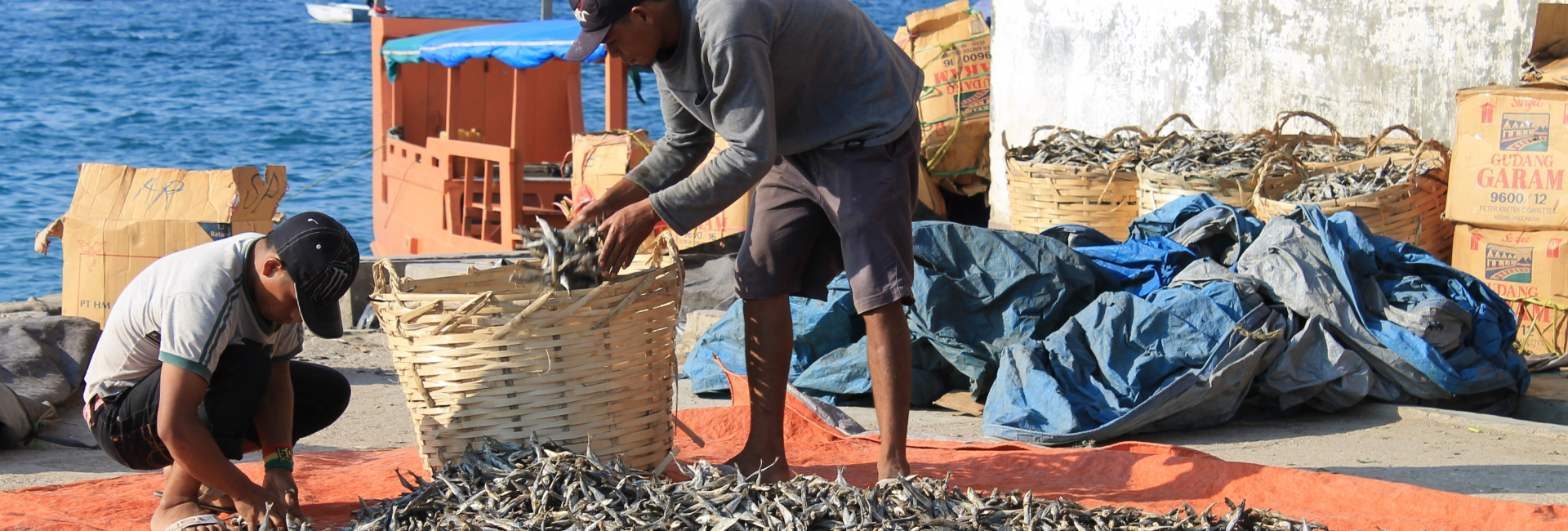Globally, 2015 was the final year of the Millennium Development Goals (MDGs) and the start of the Sustainable Development Goals (SDGs), a new global development agenda. Nationally, 2015 was the start of the implementation of the Village Law, which mandates the central government to allocate a specific amount of funds to villages so that they can finance their own development programs. Addressing these developments, SMERU has conducted studies on both topics to provide inputs for the government.
Furthermore, SMERU has been actively involved in policy engagement with the central government. We prepared three memoranda highlighting a number of policy options regarding subsidy reform for the Fiscal Policy Agency (BKF), Ministry of Finance. Such activities show the synergy between SMERU and the government as part of our effort to encourage evidence-based, pro-poor policies through research.
In addition, SMERU strives to strengthen its engagement with local governments and academic institutions. The Development Planning Agency (Bappeda) of Kabupaten Belitung Timur specifically asked SMERU for inputs and advices on the graduation of the poor from the conditional cash transfer and livelihood support programs. This shows SMERU’s effort to engage in policy dialog and communication with stakeholders at the subnational level. Likewise, a number of universities from Indonesia and other countries invited SMERU staff members to be guest lecturers or to conduct workshops on research methodology and data analysis.
Seeking opportunities for funding support is crucial for SMERU’s sustainability. Therefore, SMERU keeps exploring new sources of funding, including the private sector. As part of the effort, SMERU explored the possibilities of forming a partnership with a state-owned enterprise and submitted a proposal to evaluate the CSR program of another one. Furthermore, SMERU faces growing competition both in terms of quantity and quality from the existing as well as new research organizations that have grown over the last few years. This implies that, in addition to funding issues, SMERU needs to improve the quality of its research, its relationships with various stakeholders, and its policy engagements with central and local governments.
As a follow-up to the SMERU Strategic Plan, as well as a part of the efforts to improve its management practices and increase its organizational capacity, in 2015 SMERU started the development of its human resource strategy with the assistance of a consultant. This strategy is expected to improve SMERU’s practices in recruiting, developing, retaining, and terminating staff and match better between staff’s skills and the requirements of their positions.
This report captures SMERU’s work over the past year. We are very proud of what we have achieved and look forward to the journey ahead. I extend my sincere appreciation to all staff members for their hard work and dedication. Also we are grateful to our Board of Trustees and Board of Supervisors for their continuing support. Finally, we thank KSI-DFAT, UNICEF, PRSF-DFAT, MAMPU-DFAT, KOMPAK-DFAT, Bappenas, FHI SOLUTIONS LLC, and The World Bank for all the cooperation and support, without which our achievements would not have been possible.



